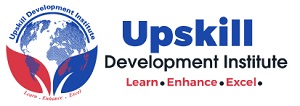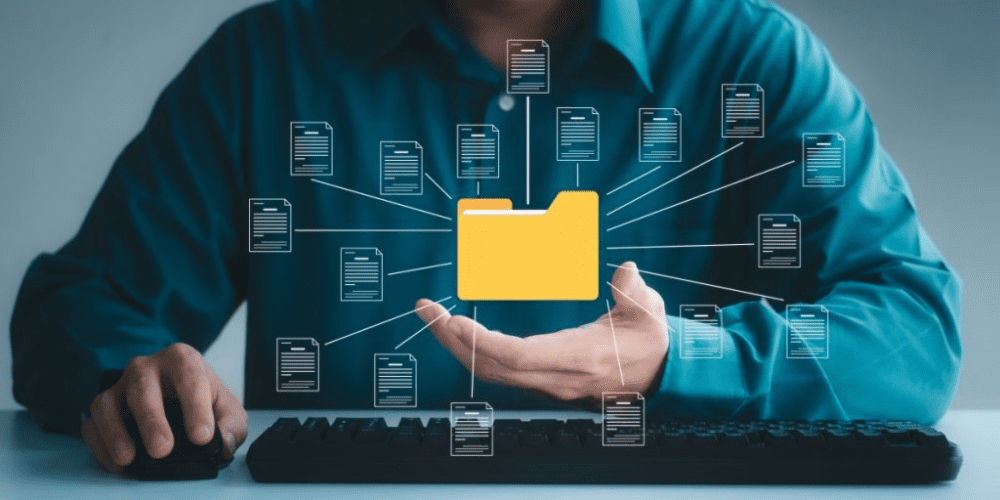Introduction
Records management is the systematic control of an organisation’s records, throughout their life cycle, in order to meet operational business needs, statutory and fiscal requirements. Effective management of corporate information allows fast, accurate and reliable access to records ensuring the timely destruction of redundant information and the identification and protection of vital and historically important records.
The course focuses on using records management and archiving as a tool for supporting organization’s business processes. Upon completion of these courses, participants will have the knowledge and skills necessary to perform their records management and archiving duties more efficiently and effectively.
Target Group
Information Services Providers, Administrators, Office Assistants, Secretaries, Managers, supplies and purchase staff, accountants, security personnel, health personnel, academic registrars
Course Duration
5 Days
Course Objectives
By the end of the course, participants will be able to:
- Carry out organizational recordkeeping requirements analysis
- Develop a robust records management plan
- Effectively implement a records management system
- Understand the best practices in records management
- Understand how to monitor and control a records management system
Course Content
Introduction to Records
- Basic definitions
- Importance of records in organizations
- Various types of records
- Important Qualities of Records
Records Lifecycle
- Stages of a record’s life cycle
- Current Records/ Active
- Semi Current/ Semi Active
- Non-Current /Inactive
Introduction to Records Management
- Definition of key terms and concepts
- Introduction to various records management functions
- Roles of various records management units
- Registry
- Records Centre
- Archive
Classification of Records
- Introduction to records classification
- Types of classification schemes
- Designing a records classification System
Record Indexing, Records Retention and Disposition
- Introduction to indexing of records
- Indexing process
- Records Retention and Retention Periods
- Records Transfer Processes
- Designing a records retention and Disposition Schedule
Metadata in Records Management
- Importance of metadata
- Different types of metadata
- Methods for collecting and applying metadata
Records Appraisal
- Importance of conducting records Appraisal
- Records appraisal tools
- Conducting a records appraisal
- Records Inventory
Records Management Policy and Standards
- Records Management Standards
- De Jure Standards
- De Facto Standards
- Importance of Standards in RM
Records Management and ISO
- ISO 9001 Quality Management Systems RM requirements
- ISO RM Standards
- RM best practices
RM Policy and Procedures
- Objectives of records management policy
- Record management responsibilities
- Key provisions of record management policy
- Designing and Implementing RM Policies and Procedures
Electronic Records Management
- Introduction to Electronic Records Management
- EDMS, ERMS and EDRMS
- Functional Requirements for EDRMS
- Evaluating EDRMS capabilities
- Selection criteria and vendor evaluation when acquiring a RM System
- Implementing a ERM systems
Disaster Management in RM
- Types of disasters that affect records
- Disaster Planning, prevention, response and recovery
- Internet and web security for electronic records
- Protecting vital records
Monitoring and Auditing of Records Management System
- Conducting regular reviews of records management programs
- Monitoring compliance to records management guidelines
Training Approach
This course will be delivered by our skilled trainers who have vast knowledge and experience as expert professionals in the fields. The course is taught in English and through a mix of theory, practical activities, group discussion and case studies. Course manuals and additional training materials will be provided to the participants upon completion of the training.
Tailor-Made Course
This course can also be tailor-made to meet organization requirement. For further inquiries, please contact us on: Email: training@upskilldevelopment.com Tel: +254 721 331 808
Training Venue
The training will be held at our Upskill Training Centre. We also offer training for a group at requested location all over the world. The course fee covers the course tuition, training materials, two break refreshments, and buffet lunch.
Visa application, travel expenses, airport transfers, dinners, accommodation, insurance, and other personal expenses are catered by the participant
Certification
Participants will be issued with Upskill certificate upon completion of this course.
Airport Pickup and Accommodation
Airport pickup and accommodation is arranged upon request. For booking contact our Training Coordinator through Email: training@upskilldevelopment.com, +254 721 331 808
Terms of Payment: Unless otherwise agreed between the two parties payment of the course fee should be done 3 working days before commencement of the training so as to enable us to prepare better

